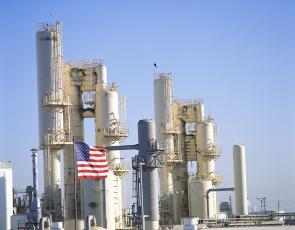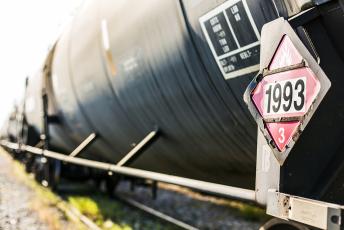Today, Rob Benedict, AFPM Vice President of Petrochemicals and Midstream, issued the following statement in response to a unanimous proposal from the U.S. Surface Transportation Board that would allow for reciprocal switching within the U.S. freight rail system in order to address inadequate service:
“Free markets do not work when there is no competition or even a realistic threat of competition to empower consumers. The U.S. freight rail industry has consolidated to a point where customers have very little power and leverage to push for better service—service worthy of the rates we're paying. In fact, roughly 75% of U.S. refineries and petrochemical facilities are considered ‘captive shippers’—meaning there’s one freight rail game in town and customer facilities have no other options to shop for better rates or service, both of which are costing consumers dearly.
“Reciprocal switching would present railroads with a simple decision: provide better service to customers or risk losing their business to a competitor. The proposal issued by unanimous vote today is a good start with potential to make the rail system more efficient and responsive to consumers by shining a light on bad service through clear reporting of metrics, but it would limit reciprocal switching to captive shippers who experience service failures instead of making it available broadly to promote competition industry-wide.
“AFPM hopes this proposal will push railroads to refocus their efforts on providing quality, efficient service to their customers. After years of advocating for more competition in freight rail, we welcome this progress and look forward to providing thorough comments in the coming months.”
The American Fuel & Petrochemical Manufacturers (AFPM) is the leading trade association representing the makers of the fuels that keep us moving, the petrochemicals that are the essential building blocks for modern life, and the midstream companies that get our feedstocks and products where they need to go. We make the products that make life better, safer and more sustainable — we make progress.


